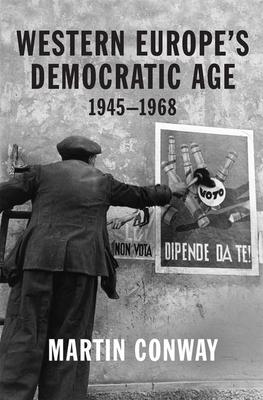Expedite your nonfiction book discovery process with Readara interviews, summaries and recommendations, Broaden your knowledge and gain insights from leading experts and scholars
In-depth, hour-long interviews with notable nonfiction authors, Gain new perspectives and ideas from the writer’s expertise and research, Valuable resource for readers and researchers
Optimize your book discovery process, Four-to eight-page summaries prepared by subject matter experts, Quickly review the book’s central messages and range of content
Books are handpicked covering a wide range of important categories and topics, Selected authors are subject experts, field professionals, or distinguished academics
Our editorial team includes books offering insights, unique views and researched-narratives in categories, Trade shows and book fairs, Book signings and in person author talks,Webinars and online events
Connect with editors and designers,Discover PR & marketing services providers, Source printers and related service providers

Western Europe's Democratic Age: 1945-1968
History > Western Europe - General
- Princeton University Press
- Hardcover
- 9780691203485
- 9.4 X 6.2 X 1.4 inches
- 1.5 pounds
- History > Western Europe - General
- (Single Author) Asian American
- English
Readara.com
Book Description
A major new history of how democracy became the dominant political force in Europe in the second half of the twentieth century
What happened in the years following World War II to create a democratic revolution in the western half of Europe? In Western Europe's Democratic Age, Martin Conway provides an innovative new account of how a stable, durable, and remarkably uniform model of parliamentary democracy emerged in Western Europe--and how this democratic ascendancy held fast until the latter decades of the twentieth century.
Drawing on a wide range of sources, Conway describes how Western Europe's postwar democratic order was built by elite, intellectual, and popular forces. Much more than the consequence of the defeat of fascism and the rejection of Communism, this democratic order rested on universal male and female suffrage, but also on new forms of state authority and new political forces--primarily Christian and social democratic--that espoused democratic values. Above all, it gained the support of the people, for whom democracy provided a new model of citizenship that reflected the aspirations of a more prosperous society.
This democratic order did not, however, endure. Its hierarchies of class, gender, and race, which initially gave it its strength, as well as the strains of decolonization and social change, led to an explosion of demands for greater democratic freedoms in the 1960s, and to the much more contested democratic politics of Europe in the late twentieth century.
Western Europe's Democratic Age is a compelling history that sheds new light not only on the past of European democracy but also on the unresolved question of its future.
Author Bio
My research has been principally concerned with European history from the 1930s to the final decades of the twentieth century. Like many others, I was initially interested in the inter-war years, and my doctoral thesis explored the history of the extreme-right movement in Belgium, the Rexist movement, during the Second World War.
Published in 1993 as Collaboration in Belgium: Léon Degrelle and the Rexist Movement 1940-1944, it was subsequently published in French and Dutch translations. The Catholic origins of the Rexist movement led me on to develop a wider interest in Catholic politics, and I have published a number of books and articles which have looked more generally at the shape of Catholic politics in Europe.
I have also continued my interest in Belgium, and wrote a large-scale study of Belgium after its liberation in 1944. This was published in 2012 as The Sorrows of Belgium: Liberation and Political Reconstruction 1944-47. It too has come out in a French translation.
In the last few years, much of my work has concerned the history of Democracy in twentieth-century Europe. I have published a number of articles on the nature of democracy in post-war Europe, and published a large book entitled Europe's Democratic Age: Western Europe 1945-68, with Princeton University Press in the spring of 2020.
I am continuing to write about democracy, and am completing a collaborative project on the history of Social Justice in twentieth-century Europe. I have also begun a new project on Political Men, which seeks to problematize the forms of male political citizenship which have developed in Europe across the twentieth century. Its focus is consciously comparative, embracing a variety of political regimes and periods. Its underlying thesis is that we need to understand how male forms of political action have been a significant influence on the evolution of both democratic and non-democratic regimes.
I also have a strong interest in the concept of the History of the Present, as a distinct era separate from the more familiar span of the twentieth century. I am one of the editors (with Celia Donert and Kiran Patel) of a new book series published by Cambridge University Press, entitled European Histories of the Present.
Source: University of Oxford Faculty of History
Videos
No Videos
Community reviews
No Community reviews

